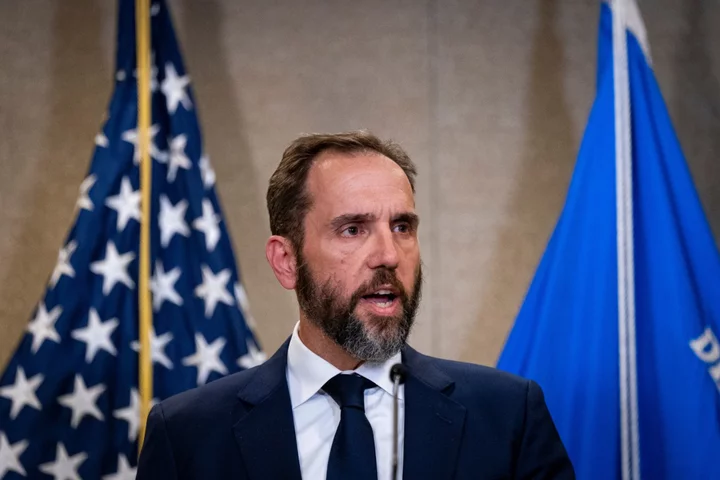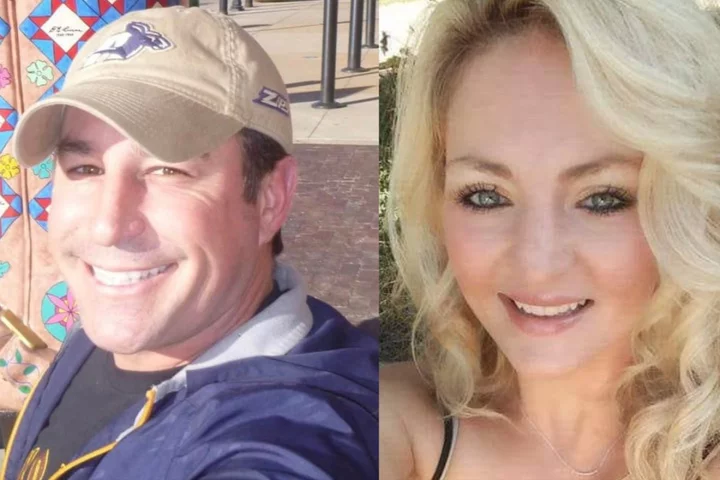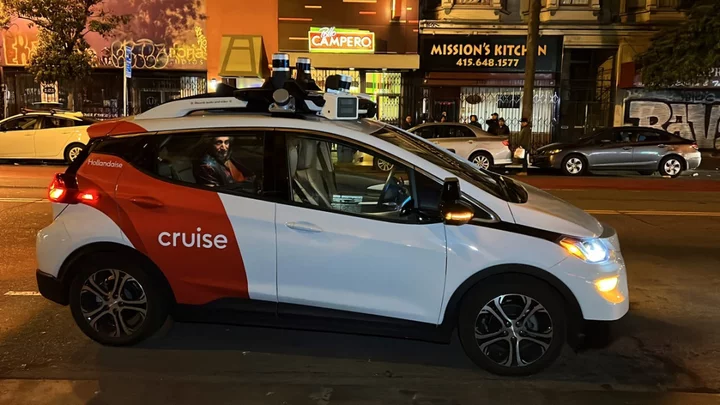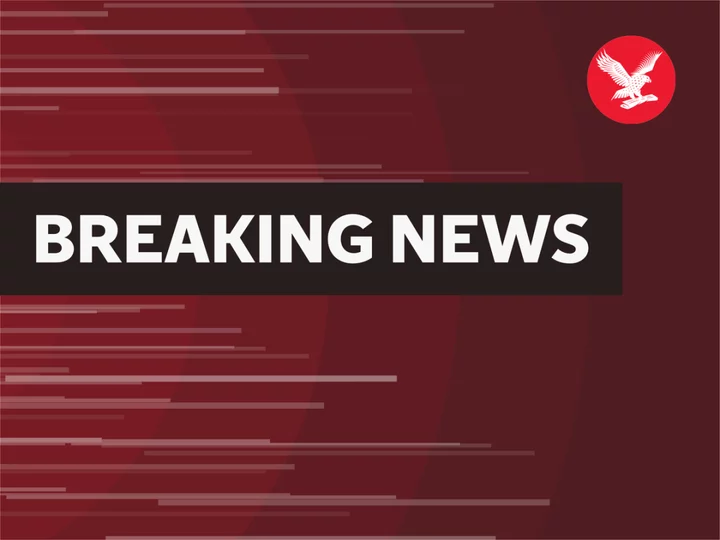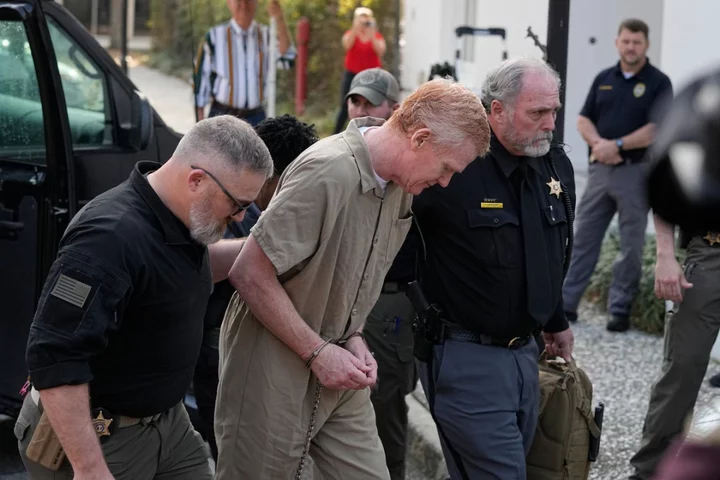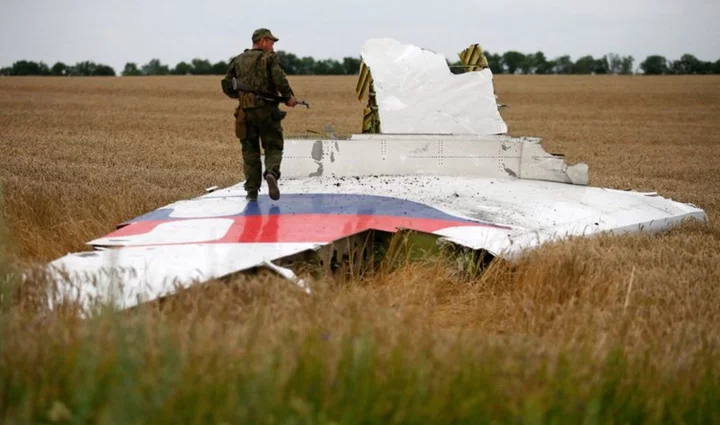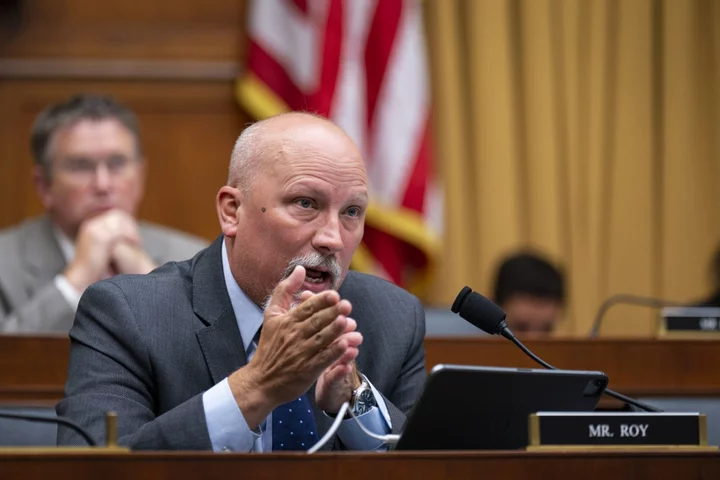Special Counsel Jack Smith blasted efforts by former President Donald Trump to delay until 2026 his federal trial in Washington over election interference, saying there was no justifiable reason the case can’t start in January.
“In service of a proposed trial date in 2026 that would deny the public its right to a speedy trial, the defendant cites inapposite statistics and cases, overstates the amount of new and non-duplicative discovery, and exaggerates the challenge of reviewing it effectively,” Smith and his prosecutors wrote in a court filing Monday.
Smith asked US District Judge Tanya Chutkan to stick to the government’s request to start the trial Jan. 2. However, Smith said the government would agree to move back jury selection to the week of Dec. 11, after Trump’s lawyers said there may be a timing conflict with his federal criminal case in Florida over handling of classified documents.
“The Government is confident that the Court can and will, in this case as in any other, consider the parties’ proposals and its own calendar and navigate around true conflicts,” Smith wrote.
Chutkan is set to hear arguments over scheduling in the election case on Aug. 28, including a trial date. Trump, who is campaigning for a return to the White House in 2024, has pleaded not guilty to the charges and his lawyers have signaled they’ll fight the prosecution on multiple fronts.
Trump’s Request
In a court filing on Thursday, Trump’s lawyers cited the volume of documents that need to be reviewed, the novelty of the case and a crowded legal calendar in asking Chutkan to postpone the trial until after the Nov. 5, 2024, general election.
“This case is not just complex or unusual. It is terra incognita,” Trump’s lawyers wrote. “No president has ever been charged with a crime for conduct committed while in office.”
Smith and his prosecutors sought to dismantle Trump’s legal arguments in the filing Monday, saying the former president’s lawyers are exaggerating the work needed to go through evidence and that Trump has long had access to most of it.
“Comparisons to the height of the Washington Monument and the length of a Tolstoy novel are neither helpful nor insightful,“ Smith wrote.
“Approximately three million pages of the discovery — 25% of the first production — come from entities associated with the defendant,” according to the filing.
“Hundreds of thousands of other pages came from the National Archives — meaning that the defendant or his representatives reviewed them before the Government received them — or are publicly available, including the defendant’s tweets, Truth Social posts, campaign statements, and court papers involving challenges to the 2020 election by the defendant or his allies.“
The case is US v. Trump, 23-cr-257, US District Court, District of Columbia.
--With assistance from Patricia Hurtado and Zoe Tillman.

